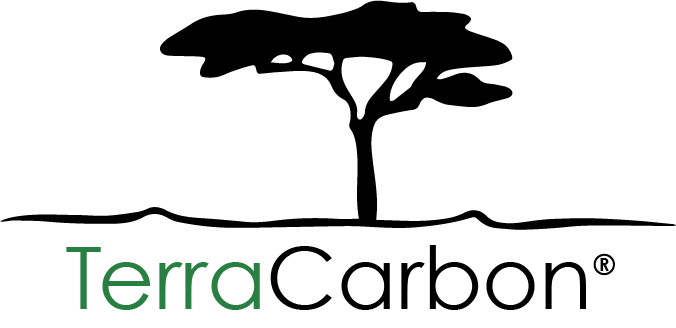
Methodology Development for Agricultural Lands
Conservation Need
Improved agricultural land management practices such as reduced tillage, cover cropping, and reduced nitrogen applications have the potential to increase soil carbon, reduce GHGs, and stabilize yields for farmers in the face of a changing climate.
Globally, the opportunity to increase soil carbon and reduce nitrogen and methane emissions from improved agricultural land and grassland practices has been estimated between 4 and 6 billion tons of CO2e/year (Griscom et al, 2017).
Carbon Opportunity
Farmers face several barriers to adopting improved practices, including cultural and financial barriers related to the costs of new equipment and potential opportunity costs if yields decline initially as a result of the new practices.
TerraCarbon Solution
Working with Indigo Ag, TerraCarbon helped develop a new Verified Carbon Standard Methodology for Improved Agricultural Land Management (VM00042)
The methodology was designed to be globally applicable and flexible to allow for field- and modeling-based approaches to quantify soil organic carbon outcomes.
Conservation Results
The methodology was subsequently modified and approved by the Climate Action Reserve (CAR) as its Soil Enrichment Protocol.
TerraCarbon is working with clients and partners, including CIBO Technologies, to implement VM00042 to generate incentives for farmers who adopt improved practices in the U.S. and abroad.
Services | Methodology Development
